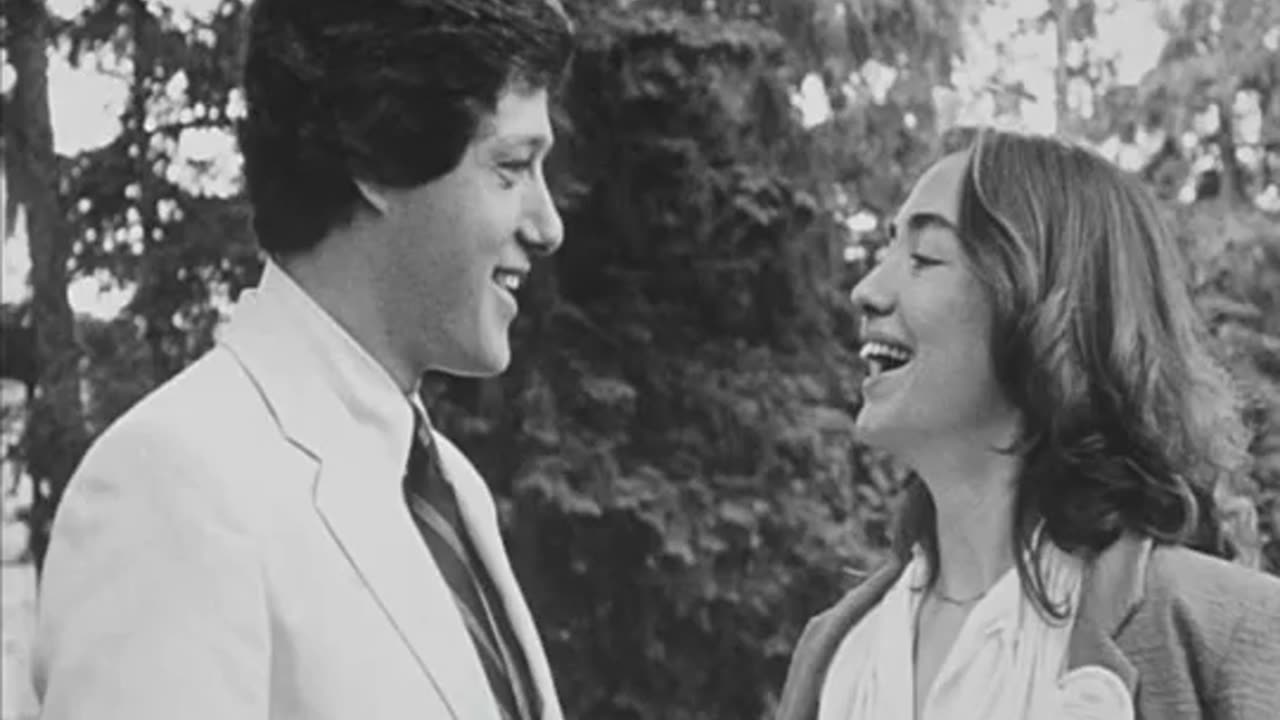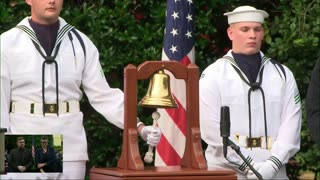Premium Only Content

Hillary: The Movie
The Supreme Court is tackling a First Amendment case involving a movie about Hillary Clinton.
The justices heard arguments in a free-speech case over a 2008 documentary, shown in theaters, that was sharply critical of the onetime presidential candidate and current secretary of state.
At issue was whether the 90-minute "Hillary: The Movie" and television ads to promote it should have been subject to strict campaign finance laws on political advocacy or should have been seen as a constitutionally protected form of commercial speech.
The high court's decision will determine whether politically charged documentaries can be regulated by the government in the same way as traditional campaign commercials.
A conservative group behind the movie wanted to promote it during the heat of the presidential primary season last year, but a federal court had blocked any ads, as well as airings on cable TV video-on-demand.
The film later aired in several theaters and was released on DVD, outlets that were not subject to federal regulation.
The Supreme Court justices appeared divided on how to find balance between Congress' expressed desire to control the power of well-financed private groups to spread their political messages and concerns over the First Amendment's guarantee of free speech.
Citizens United sought to establish itself as a bona fide commercial filmmaker before the 2008 elections, producing several documentary films. During the 2008 political primary season, it sought to run three television advertisements to promote its political documentary Hillary: The Movie, a film that was critical of Hillary Clinton, and to air the movie on DirecTV.[9] The FEC found this plan to be in violation of the BCRA, including Section 203 which defined an "electioneering communication" as a broadcast, cable, or satellite communication that mentioned a candidate within 60 days of a general election or 30 days of a primary, and prohibited such expenditures by corporations and labor unions. The FEC prohibited the film from being broadcast, and Citizens United challenged this determination in court.[1]
-
 LIVE
LIVE
Bannons War Room
6 months agoWarRoom Live
8,468 watching -
 25:21
25:21
The Shannon Joy Show
2 hours agoA message of encouragement and a call for faith and unity after the tragic killing of Charlie Kirk
35.3K9 -
 1:31:37
1:31:37
The Big Mig™
3 hours agoIn Honor Of Charlie Kirk, Rest In Peace 🙏🏻
32.2K14 -
 1:36:35
1:36:35
The White House
4 hours agoPresident Trump and the First Lady Attend a September 11th Observance Event
108K40 -
 1:38:49
1:38:49
Dear America
4 hours agoWe Are ALL Charlie Now! This Isn’t The End. We Will FIGHT FIGHT FIGHT
189K193 -
 2:09:21
2:09:21
Badlands Media
11 hours agoBadlands Daily: September 11, 2025
68.8K19 -
 2:59:26
2:59:26
Wendy Bell Radio
8 hours agoA Watershed Moment
89.2K209 -
 4:24
4:24
Bearing
8 hours agoCharlie Kirk ♥️
24.5K48 -
 1:07:12
1:07:12
The Mike Schwartz Show
3 hours agoTHE MIKE SCHWARTZ SHOW with DR. MICHAEL J SCHWARTZ 09-11-2025
16K3 -
 2:12:41
2:12:41
Chicks On The Right
7 hours agoRest in Peace, Charlie Kirk. We Love You. - America Mourns a Patriot
78.8K25